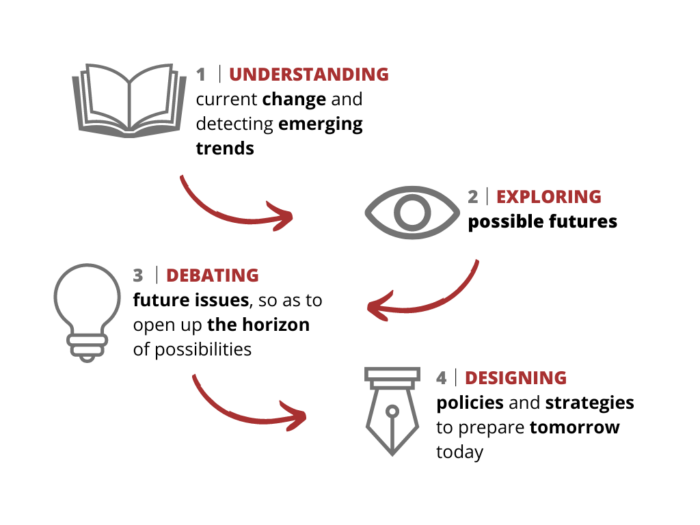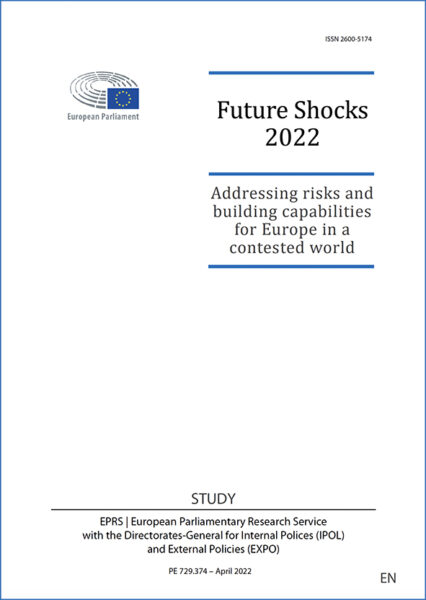While the “social chapter” of the European Union is still evolving, the European research programme on values has carried out a series of surveys of attitudes to work in EU member countries and in five countries of Central and Eastern Europe. Hélène Riffault and Jean-François Tchernia present the results of their comparative analyses using three criteria for their evaluations of the period 1981-1999.
First of all, as regards attitudes to what work means for them, the opinions of those who work and those who do not are similar, though there are differences as to whether “work is a social obligation” and “work should always come first”; in Eastern Europe, people maintain a more traditional work ethic, whereas in the EU people would like the duty aspect to be tempered by job satisfaction. The study also looks at the extent of job satisfaction, individual free-will and respect for authority.
The authors then examine people’s feelings about the place of work in their lives. In the advanced countries, work has to compete with other aspects of life, such as leisure activities, and people express the desire to achieve a better balance between work and leisure.
Lastly, the authors discuss two factors involved in what is expected of one’s work: the concrete advantages and the possibilities for personal development. The latter is becoming much more important. As to the concrete advantages, the trends vary depending on the country and the social category and age group.
They conclude that a definite change is taking place in Europe. When the economic and social situation is favourable, Europeans see their work primarily as a means of developing their personal potential; material considerations are secondary provided that the benefits are attractive and tangible.
Les Européens et le travail : un rapport plus personnel
Cet article fait partie de la revue Futuribles n° 277, juil.-août 2002

